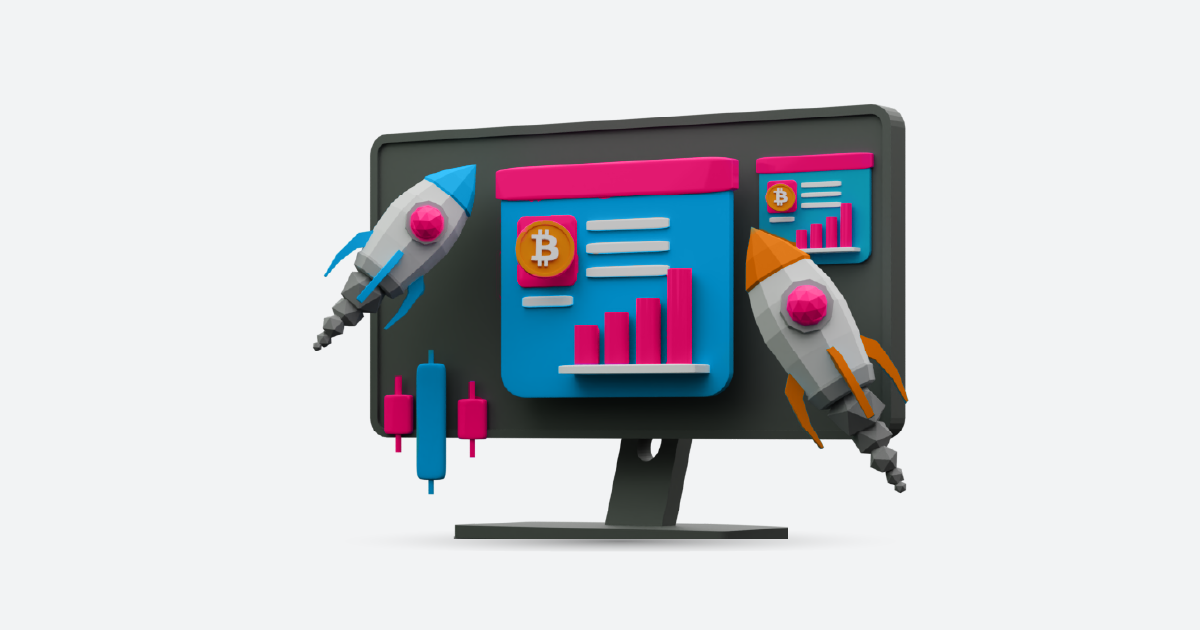In today’s digital world, your online presence is everything. Whether you’re a small business or a large corporation, social reputation management plays a crucial role in how the public perceives you. But what exactly is social reputation management, and why should businesses care? Let’s dive in and explore how you can build and maintain a positive social reputation.
What is Social Reputation Management?

At its core, social reputation management is the practice of overseeing and influencing how your brand is perceived across various social platforms. It’s all about managing reviews, feedback, and social mentions to ensure your brand maintains a positive image.
In an age where everything is shared online, a single bad review or a viral post can affect your business’s credibility. That’s why social reputation management is vital to not just your marketing strategy but also your business’s overall success.
Why Social Reputation Matters
Imagine walking into a store with five-star reviews all over the walls. You’d immediately feel confident about shopping there, right? Similarly, a brand with a strong social reputation builds trust and credibility with its audience.
In today’s hyper-connected world, consumers rely heavily on online reviews and feedback to make purchasing decisions. A positive online reputation can drive more traffic, encourage customer loyalty, and even improve sales. On the flip side, a negative reputation can steer potential customers away, sometimes irreversibly.
Key Elements of Social Reputation Management
Social reputation management isn’t a one-size-fits-all solution. It requires a mix of strategies and tools tailored to your audience. Let’s look at the core elements that will help you build and maintain a solid online presence:
1. Monitoring Social Media Platforms
Keeping track of what people are saying about your brand is critical. This means monitoring not only your social media pages but also mentions of your brand across platforms like Twitter, Facebook, Instagram, and even forums like Reddit.
2. Responding to Feedback
Whether it’s a glowing review or a critical comment, responding is key. Positive reviews should be acknowledged with gratitude, while negative feedback requires a professional and constructive response.
3. Crisis Management
Sometimes things go wrong—a viral scandal, a product recall, or negative press. In such cases, having a crisis management plan in place helps you respond quickly and minimize damage to your reputation.
The Role of Social Media in Reputation Management
Social media has transformed how businesses communicate with their audience. Platforms like Facebook, Instagram, and Twitter allow real-time interaction, making them powerful tools for shaping your brand’s reputation.
Influencers and Endorsements
Working with social media influencers can be a double-edged sword. While influencers can boost your brand’s visibility and credibility, it’s essential to choose partners who align with your values to avoid potential PR disasters.
Steps to Build a Strong Social Reputation
Building a great reputation on social media doesn’t happen overnight, but here are some key steps you can follow:
1. Consistent Brand Messaging
Your audience should know what to expect from your brand. Consistency in tone, messaging, and style helps create a clear identity and builds trust over time.
2. Engage with Your Audience
Responding to comments, sharing user-generated content, and creating polls are great ways to engage. The more you interact, the more your audience will feel connected to your brand.
3. Be Transparent and Authentic
In an era where consumers demand authenticity, it’s crucial to be open about your business’s values, challenges, and successes. Authenticity breeds loyalty, which in turn strengthens your reputation.
Social Reputation Management Tools
The right tools can make all the difference. Here are a few you might consider:
- Social Listening Tools: These tools monitor what’s being said about your brand across the web.
- Reputation Management Software: Platforms like Reputation.com help you manage reviews and feedback in one centralized location.
- Social Media Analytics Tools: Tools like Hootsuite or Sprout Social can give you deeper insights into your audience’s perception.
Dealing with Negative Feedback and Reviews
No business is immune to criticism, but how you respond can make all the difference. Here’s how to handle it:
Responding to Negative Comments
The key is to remain professional. Apologize if necessary and offer to resolve the issue offline. This shows other potential customers that you take feedback seriously and care about improving.
Turning Criticism into Opportunity
Every negative review is a chance to improve. Use feedback as a learning tool to enhance your products or services.
The Importance of Timely Responses
When managing your social reputation, speed matters. Quick responses to comments or complaints show you’re attentive and engaged.
Building Brand Advocates for Reputation Enhancement
Turning happy customers into brand advocates is one of the best ways to boost your social reputation. Encourage satisfied customers to leave positive reviews and share their experiences on social media. Word of mouth is incredibly powerful!
Crisis Management and Social Reputation
A reputation crisis can happen at any moment. That’s why having a plan in place is essential. When crises hit, follow these steps:
- Acknowledge the issue quickly.
- Communicate transparently with your audience.
- Take steps to resolve the problem, and inform your audience of the solutions.
Case Studies
Example 1: Starbucks
Starbucks is known for its proactive approach to customer feedback. They respond to comments quickly and have built a strong online reputation by turning negative feedback into opportunities for improvement.
Example 2: United Airlines
On the flip side, United Airlines faced a major reputation crisis in 2017. Their slow response to a viral video caused significant damage to their brand. It serves as a reminder of the importance of timely and genuine responses.
The Long-term Impact of Good Reputation Management
Your reputation has a long-term impact on your business’s growth. A positive reputation leads to customer loyalty, higher sales, and even improved SEO rankings. Managing your social reputation today will pay off for years to come.
Common Mistakes
Many businesses make common errors like failing to respond to negative reviews or using automated, impersonal responses. Avoid these pitfalls by keeping your responses personalized and timely.
Future Trends
As AI continues to evolve, social reputation management will become more automated, but businesses must not lose the personal touch. Trends like real-time reputation management and AI-powered insights are on the horizon.
Conclusion
Managing your social reputation is crucial in today’s digital world. By staying proactive, engaging with your audience, and utilizing the right tools, you can maintain a positive online image that drives long-term success. If you’re looking to take your reputation management to the next level, consider leveraging advanced tools and expert support. Request a demo from AIM Technologies today to discover how our innovative solutions can help you monitor, manage, and enhance your brand’s social reputation efficiently and effectively.




